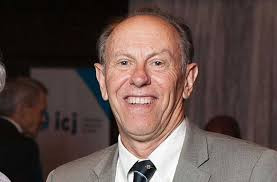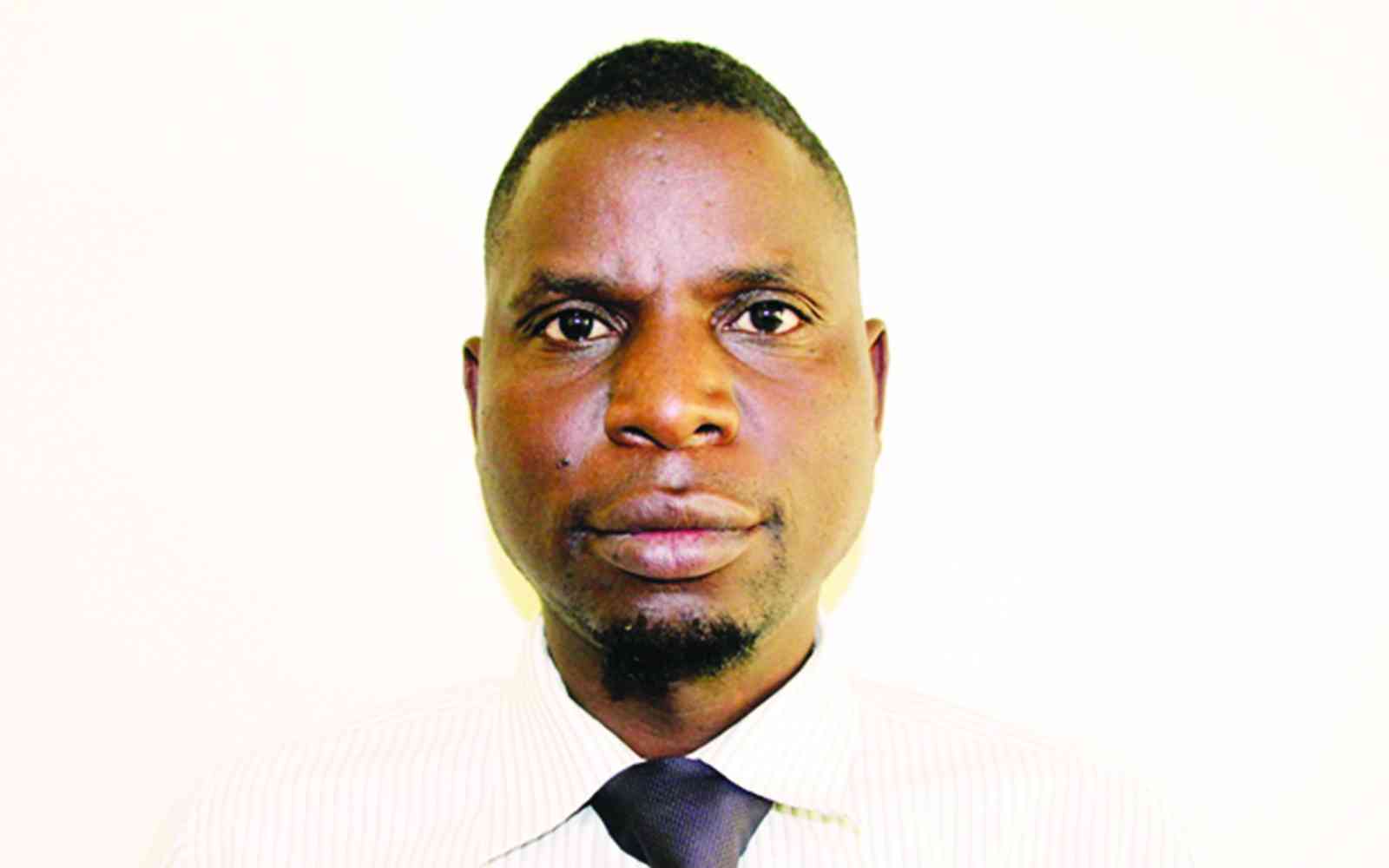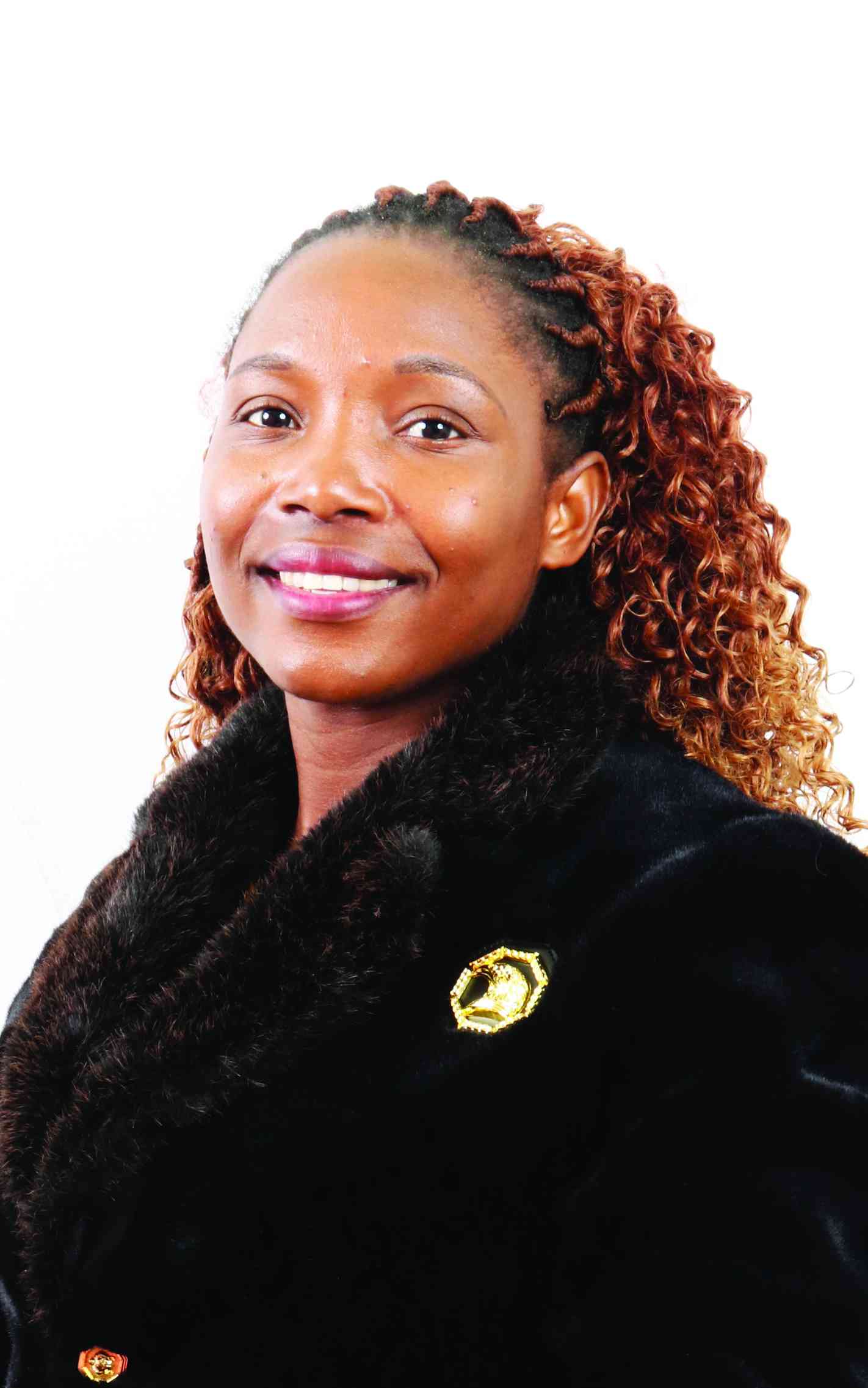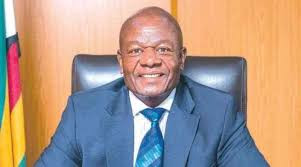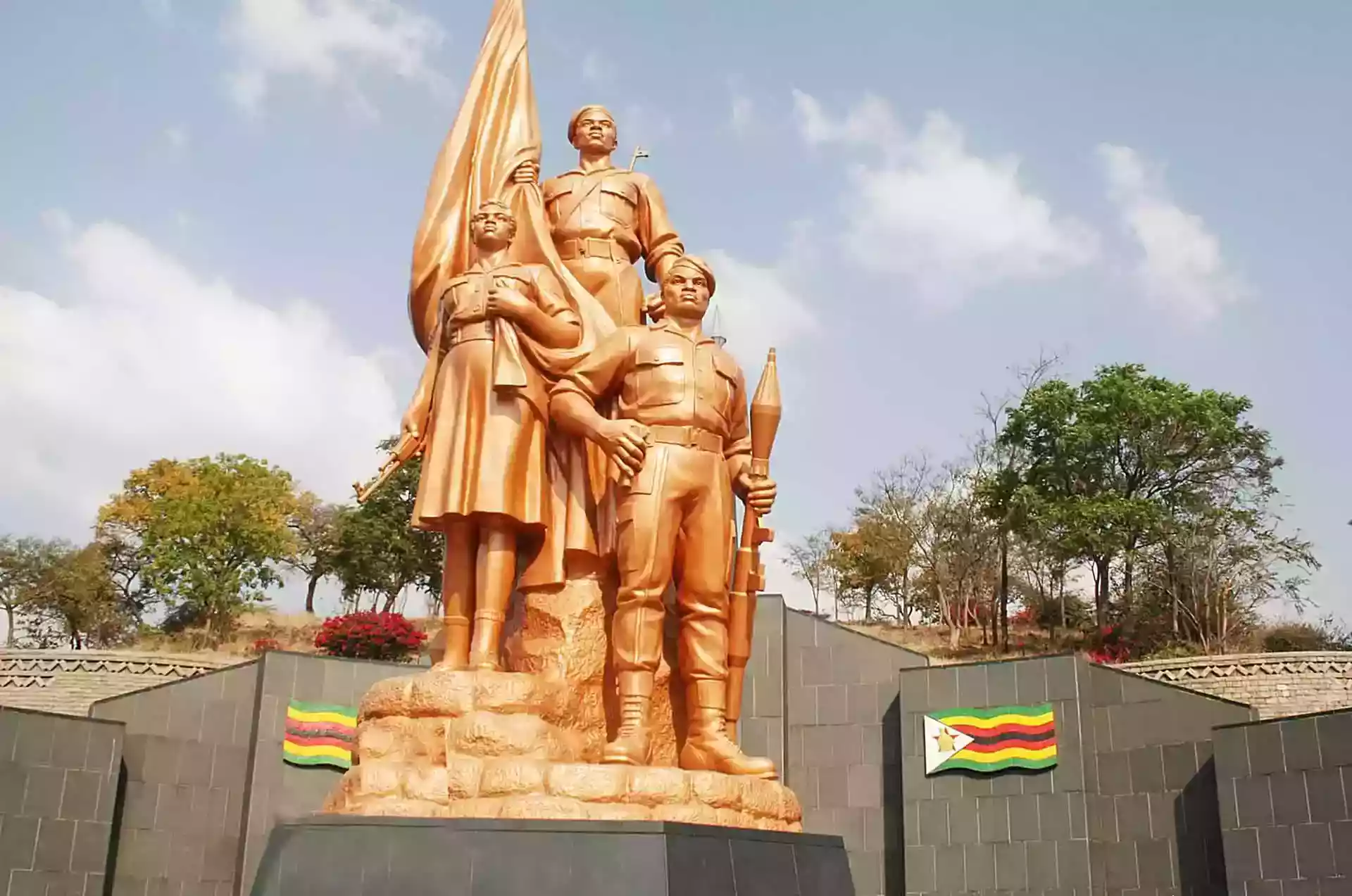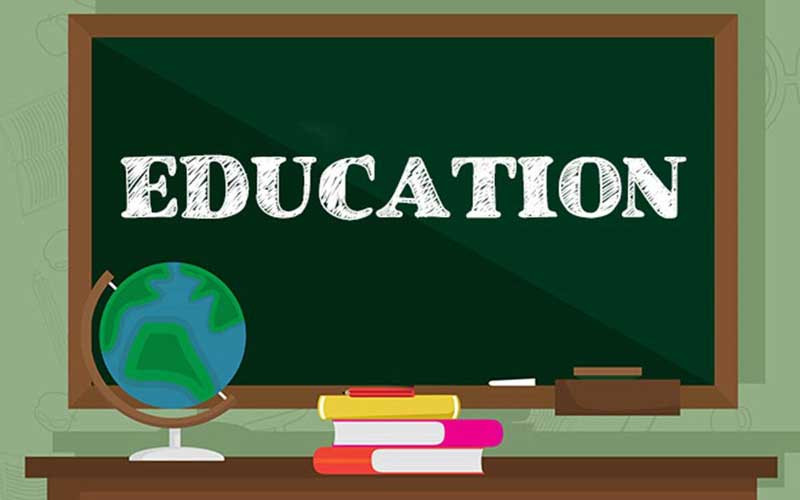
THREE days to go before free education becomes a reality, or so says the government. MPs, which I can now say without any doubt are incompetent — passed a budget just last week without questioning or making noise about this promise to provide free education.
MPs sit in Parliament to pass budgets without thought of free education, cancer machines, medications, civil service remuneration and so forth.
A few days after passing the budget, their party leaders go on to complain about how there is lack of free education — then the MPs start to whingeingly talk about it.
Several months later they complain about inappropriate allocations yet reality stands that they approved the allocations.
MPs lost their right to a voice after receiving loans. I have no opinion about whether they deserve them.
But just receiving them before budget vote revealed how we are led by greedy politicians across board.
I have written this before and I repeat:
This is very absurd not because of previous hot air promises but because the government doesn't explain how, the 4th estate doesn't question the source of the money.
- Cars up for grabs in batteries competition
- Africa should be better prepared for Europe’s security funding shift
- Sadc PF wants right to health enforceable
- AG’s report shows growing impunity at the heart of govt operation
Keep Reading
Citizens want free education without analysis of why paid education is failing teachers, facilities and our Parliament doesn't robustly request the plan — maybe by a gnatt chart of how to progress from presently ailing education system to a fully taxpayer funded education in just 6 months. It won't just happen like miracle money!
To fund this need, government must explain or we must demand explanation on how it intends to increase tax revenue by probably 30% to fund this when NDS 1 only estimate below 10%?
How are they to govern natural resources to avoid leakages? What austerity measures are they to implement, which non-core functions and activities do they intend to transfer resources from to education?
How are they to shelve present and pressing debt retirement or needs to fund this mammoth need? What changes in budgeting model will be used to achieve this gigantic fund outlay?
What will move us from a position we can't adequately pay teachers to fully funding education within just the next 6 months? How will this impact mega projects which still need funding?
What is the outcome of that education if resources are transferred from job creation to basic education?
Does this also address a shortage of thousands of schools and what sort of system will be used to allocate resources to each and every school and at what cost?
My view is simple that in our context we need to fund education in a manner in which for example parents in low-density areas pay 100%, medium density 70%, high density 50%, rural 30% and vulnerable people and areas 0% just like what they did with exam fees this year. At least for now. Not free for all.
A broke government cannot promise this without a huge change in self-inflicted and country-specific ailments. What’s the plan with that?
With latest developments on Parliament loans, Harare land allocations, industrial land allocations to councillors and a city mayor being given 25-year lease at a US$1 per month we are on our own.
In 2023 we are simply voting for nothing or at best one who can represent our corrupt tendencies better.

